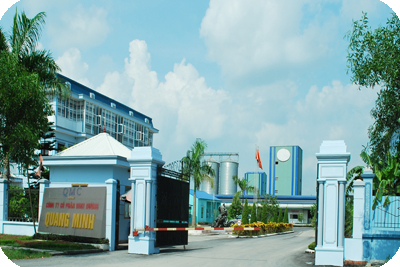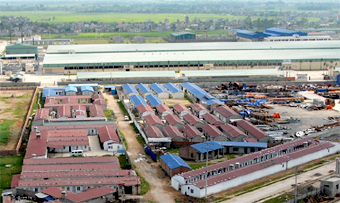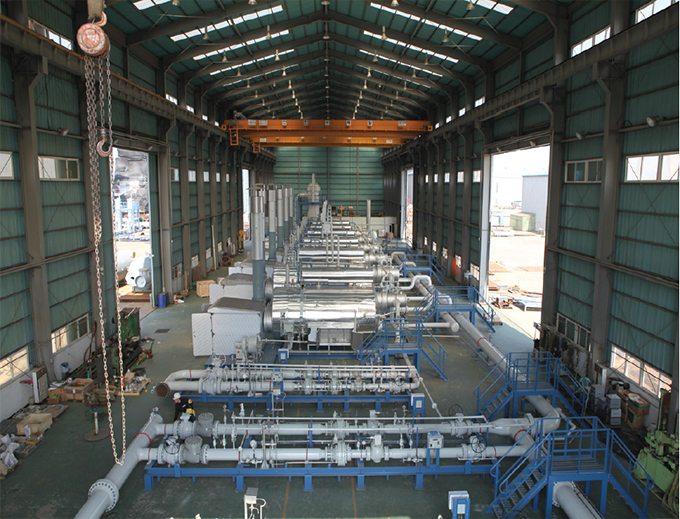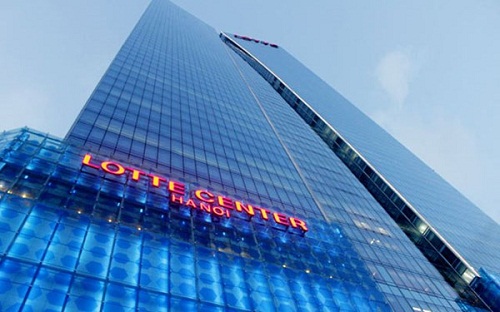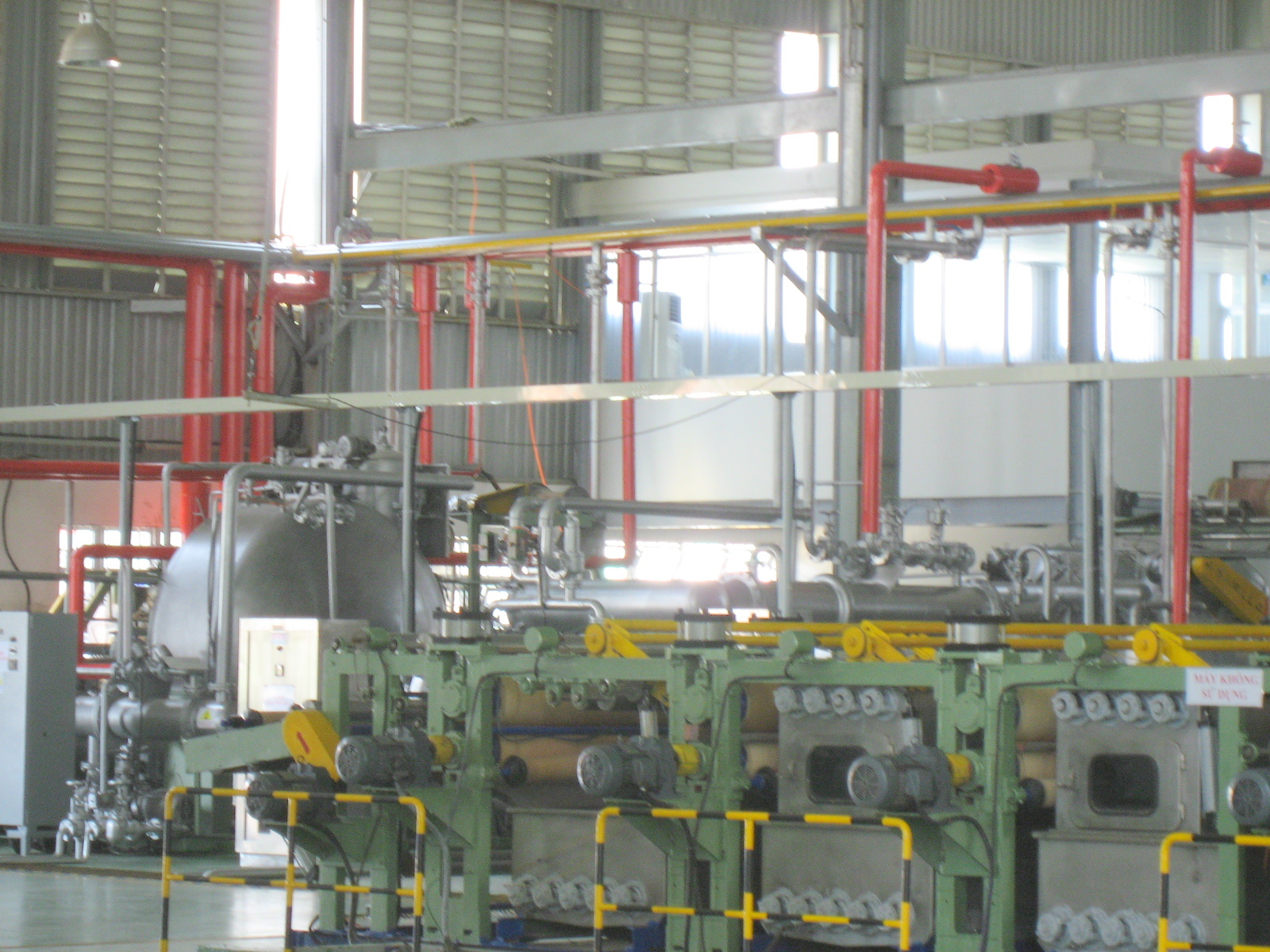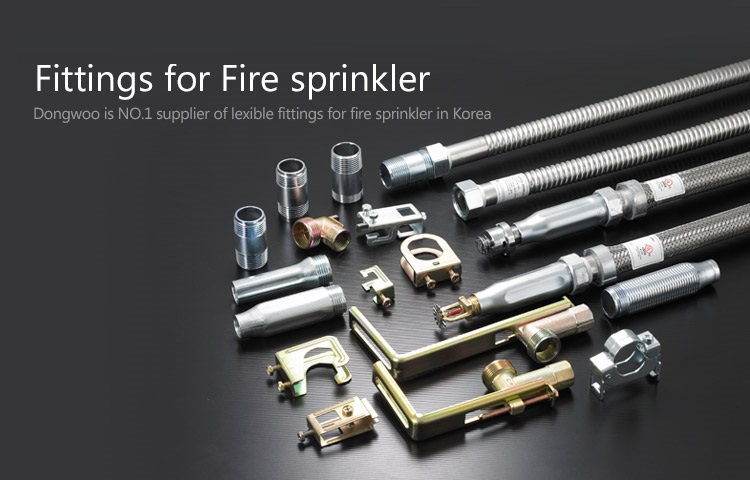Comparison of 201 and 304 stainless steel
Price:
Given the price of nickel rose continuously, Inox strains containing low nickel content, low price and stable offer really attractive. And Inox 201 is an appropriate choice, grade stainless steel is gaining more and more market, where stainless steel Inox 304 and 301 are selected primarily. Inox 201 low and stable prices is due to use to replace the nickel Magan. This makes for much Inox 201 Inox 304 similar nature and have been superficially like Inox 304.
As a result, the stainless steel is a steel containing 11% chromium, precisely because it has created for itself stainless steel membrane protects against corrosion. Nickel also known as the key to bringing stability to the austenitic phase and excellent machining capabilities for Inox.
Inox 304 minimum nickel content of 8%. In forming Austenitc elements, there are many elements can replace nickel to create resistance to corrosion. Example: Chrom (this is the main element creating corrosion resistant stainless steel), manganese (also contributes to stable austenitic phase), Nitrogen also contributes to increased rigidity, Copper (Cu) also contributed to stable austenitic phase.
In Inox 201, people use Magan as key elements to replace nickel in a 2: 1. We can see according to the chemical composition as follows:
Inox 201 + 4.5% nickel and 7.1% manganese
Inox 304 + 8.1% nickel and 1% manganese
With ingredients like these have contributed to the cost of the raw material of stainless steel 201 down very low. This is the first advantage of 201.
Reliability and the ability of processing
Specific weight lower but Inox 201 Inox 201 reliability of greater than 10% compared with 304 Stainless Steel
Due to the elongation ability compared with 304 stainless steel, stainless steel should demonstrate similar characteristics as 304 during bending, shaping and building a foundation. But to some extent it still malleable stainless steel 304 and the flattening is more energy saving Inox 201 (this is due to the effects of manganese on Inox elements 201, 201 stainless steel hard work than Inox 304)
Resistance to corrosion
When comparing the chemical composition (TPHH) of 201 stainless steel and 304 stainless steel, we find chromium content of Inox 201 Inox 304 lower by about 2%. Because of this, 201 stainless steel corrosion resistant 304 stainless steel lower.
Resistance to pitting is determined primarily by two elements chromium and sulfur (S). Chrom help increase resistance to corrosion, whereas Sulfur reduces corrosion resistance. In the 2 Inox TPHH have the same ingredients Sulfur. So resistance to pitting of stainless steel 201 is lower than the 304 stainless steel.
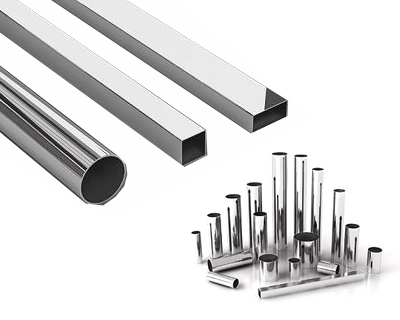
304: Inox 304
4Ni: 201 stainless steel (Inox 201 contains only about 4% nickel)
The results shown above after one test in 575 hours of salt water spray. Because of this, we see the Inox 201 is inconsistent with the maritime industry.
Applications of Stainless Steel 201
+ Kitchen equipment such as pan, pot => fit
+ Washer, Dishwasher => Not fit, so the possibility exists crevice corrosion)
+ Food Processing Equipment => Not recommended for areas with pH <3.
+ Chemical industry, oil and gas, nuclear energy => Can not
+ Decoration => fit
+ In the exterior location => Not suitable, if used, must be maintained regularly.
Related Articles
- Introduction of stainless steel
- Inox in energy and electricity
- Stainless steel manufacturing industry chemistry
- Stainless steel water maintain integrity at Palomar California hospital
- Stainless Steel - 100 year history
- Stainless Steel Sheets
- Inox world
- Inox News
- CORROSION RESISTANCE INOX 304, 304L
- Learn about stainless steel Inox





